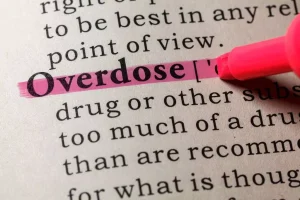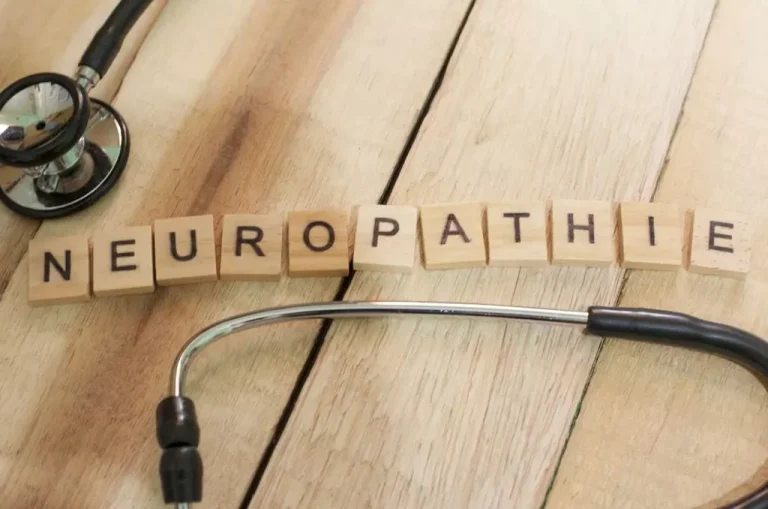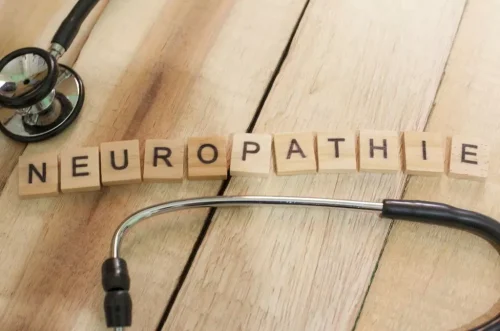
When the liver is burdened by excessive alcohol consumption, it struggles to store, metabolize, and synthesize various vitamins required for healthy body functions. It may be helpful to increase your intake of vitamins such as B1, B12, C, and E, which can assist in liver recovery and reduce alcohol-induced oxidative stress. Chronic alcohol use can have devastating effects on the body, depleting essential vitamins and minerals and leading to serious health complications.
- I thought maybe something was wrong with me and that it was something I would need to learn to live with for the rest of my life.
- Nutrient deficiencies can contribute to developing or exacerbating depression and other mood disorders, as the body produces less serotonin7.
- The benefits are mainly seen in people who already have heart disease.
- Whether it’s breaking down alcohol, processing food, or eliminating environmental toxins, your liver is constantly working behind the scenes to keep you feeling energized, balanced, and healthy.
- The duration of alcohol withdrawal can vary depending on the individual’s drinking history, overall health, and other factors.
- Iron deficiency is the world’s most common cause of anaemia; however, taking too much can be toxic.
Mineral and Anti-Oxidant Supplementation In Alcoholism
- Although evidence is still limited, omega-3 fatty acids show promise as an excellent alcohol recovery supplement.
- Supplements with anti-oxidative properties may help to neutralise metabolites of alcohol which normally have damaging effects15.
- More research is needed, but early studies suggest that CBD may help with pain management, anxiety, alcohol cravings, and even liver and brain damage linked to excessive drinking.
- It’s important to work with a healthcare provider or nutritionist to determine the appropriate length of time to take supplements.
Focus on consuming foods high in complex carbohydrates, protein, and healthy fats, such as fruits, vegetables, whole grains, lean meats, and nuts. Avoid sugary and processed foods that can cause energy crashes and worsen symptoms. Meal planning and meal prep can help ensure a consistent and nutritious diet during this critical period.

Effects of Alcohol Use on Nutrient Absorption

Eat beans, peas, lentils, pork, brown rice, and fortified foods like breakfast cereal. Not getting enough of this vitamin can lead to anemia, depression, confusion, and a weak immune system. Poultry, fish, non-citrus fruit, and starchy vegetables such as potatoes are good sources. Ria Health offers several FDA-approved medications for alcohol use disorder.
Lifestyle Changes and Holistic Approaches for Alcoholics
Other new habits, such as regular exercise, mindfulness practice, and a healthier diet, can all contribute to boosting your health in recovery. It has long been used as a traditional remedy for a variety of illnesses, including liver damage. Although research is ongoing, there’s some evidence that milk thistle can help reduce the symptoms of cirrhosis and chronic hepatitis.

Omega-3 supplements may also improve sleep, reduce inflammation, and improve symptoms of depression and anxiety. best vitamins for recovering alcoholics It can be an especially good alcohol recovery supplement for people with liver damage. Studies show that glycine is useful in treating both alcoholic hepatitis and carcinoma caused by alcoholic cirrhosis. Even if you are not suffering from these conditions, taking glycine may help protect your liver if you have a history of heavy drinking. Many people who struggle with their drinking don’t have enough L-glutamine in their systems. Adding this nutrient can help boost mood in recovery and reduce withdrawal symptoms, making it one of the best supplements for alcohol cravings.
Folic acid
Vitamin B1 insufficiency can be treated by stopping drinking (with professional help), improving nutritional factors, and taking B1 supplements. Long term alcohol users may benefit from adding B1, B2, B3, B6, and B9 supplements as indicated by symptoms of deficiencies, and under professional medical guidance. The vitamin B complex in general, and particularly vitamins B1 (thiamin), B3 (niacin) and B5 (Pantothenic Acid), play a role in turning sugars into energy. Niacin, or vitamin B3, can also be found in pork, as well as in fortified cereals, salmon, and swordfish. Whole grains, milk, eggs, and liver are perhaps the best food sources for B5, or Pantothenic Acid.

Collagen doesn’t work alone—it relies on other nutrients, like vitamin C, copper and zinc, to support its production and maximize its benefits. To ensure your body has enough vitamin C, Nguyen recommends consuming vitamin C–rich foods like citrus fruits, berries, kiwifruit, leafy greens, bell peppers and tomatoes. Copper-rich foods like nuts, seeds and shellfish, as well as zinc sources like meat, seafood and pumpkin seeds, also help with collagen synthesis.
- Effective treatment of detoxification from alcohol requires B-vitamin supplementation, writes Maura Henninger, a naturopathic physician.
- Additionally, minerals like magnesium, selenium, and zinc, along with herbal supplements like milk thistle, can provide further support to the liver during alcohol recovery.
- Experts suggest a diet with lots of complex carbs like whole grains, veggies, peas, and beans.
Aim for 7-9 hours of sleep per night and consider incorporating relaxation techniques, such as deep breathing, progressive muscle relaxation, or meditation, to help manage stress and anxiety. Excess processed foods can lead to weight gain, elevated blood pressure and increased risk of heart disease, diabetes and cancer. When consumed after an evening of drinking, processed foods can exacerbate these negative effects. Recognizing Substance abuse the profound impact of mental health on the recovery journey, we are committed to providing assistance tailored to individual needs. Furthermore, poor emotional control and coping skills can also be major contributors to addiction.

Taking supplements can help alcoholics in experiencing withdrawal symptoms or undergoing detoxification. Some vitamins can provide significant benefits to counter some of the adverse effects of drinking. Chronic alcohol use can deplete your body of vitamins and minerals by reducing your appetite, interfering with nutrient absorption, and impairing your body’s ability to use nutrients effectively.


